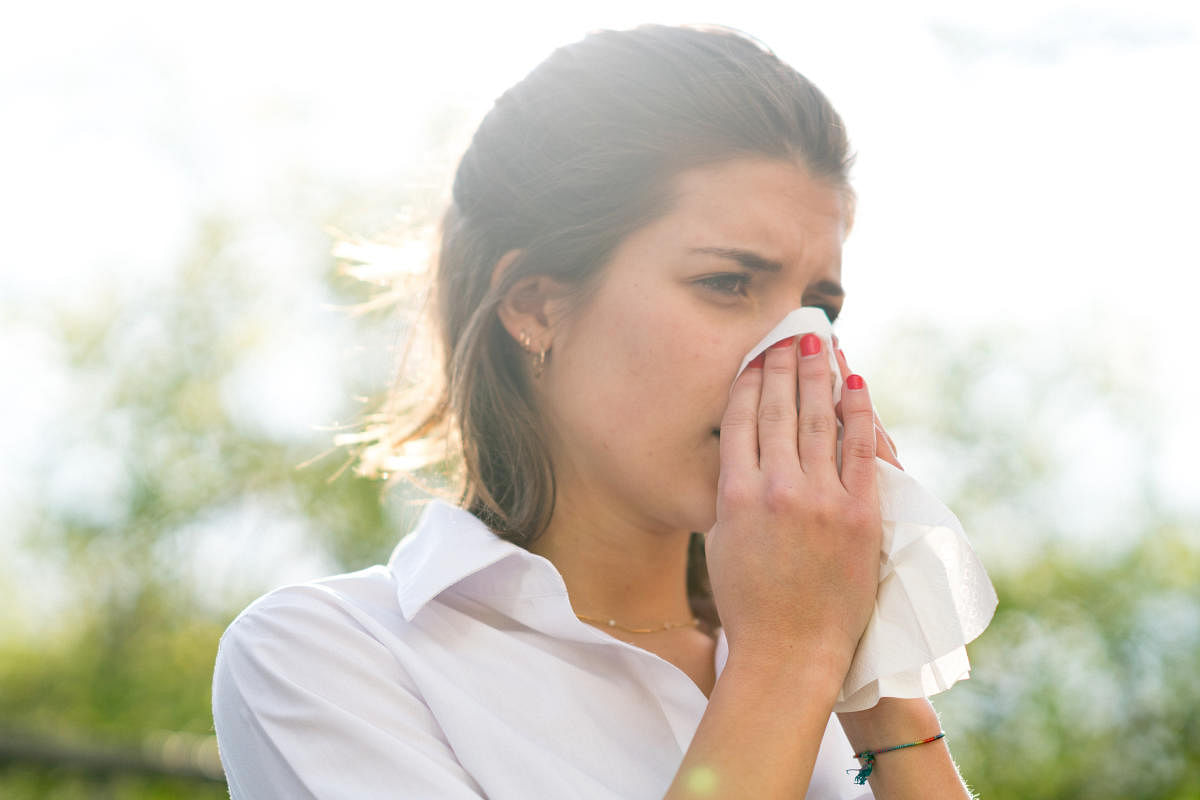
Change in weather conditions prompted by the monsoon has resulted in the rise of seasonal snivels, fevers, dengue and respiratory infections. With the similarity of these diseases in symptoms to COVID-19, people are becoming increasingly confused as to whether they have the novel coronavirus or a harmless cough.
A rash of coughs and colds has been reported across Bengaluru. These, coupled with the onset of dengue and chikungunya which can mimic certain symptoms of COVID-19, especially fever and chills, could alter the dynamic of the anti-COVID campaign and prompt fewer people to report symptoms. If there is a surge in cases, it could also severely strain the health infrastructure in the state, an expert said.
Dr Giridhar Babu, a member of the COVID Task Force, explained that while surveillance measures against dengue had improved significantly since 2017, the lockdown had also potentially changed mosquito breeding. With the monsoon likely to continue for the next 115 days, Dr Babu suggested that the situation may become clear in the next 10 days.
“If there is a surge of COVID-19 cases and if there is also a spike in other diseases such as dengue, we could see the number of available beds to dwindle,” he said.
As per the latest Department of Health and Family Welfare data, there have been 1,632 confirmed dengue cases so far, plus over 15,000 suspected cases as of June 5. There are 759 confirmed chikungunya cases in the state, plus 6,792 suspected cases. The total number of Covid-19 cases to date stands at 5,452.
The total number of beds in the state is 28,686. The occupancy is between 4% and 6%, as per government figures.
Fear of reporting symptoms
The other part of the equation is how many people, out of fear of COVID-19, will not report symptoms to health officials, especially in light of an April 23 order instructing all chemists and pharmacists in the state not to sell over-the-counter medication for cold, coughs and fever.
These include paracetamol, cetirizine and chlorpheniramine and cough syrups. Pharmacies are also to register individuals seeking over-the-counter drugs for a health screening at fever clinics.
While Dr M K Sudarshan, chairman of the state’s COVID Analysis Committee, acknowledged concerns that people who are used to self-medicating may hesitate to go to pharmacies if they get a fever or a cough, he added that the regulations could not be relaxed. "We cannot afford to because our focus is to break the transmission and the pattern of the disease,” he said.
Pankaj Kumar Pandey, Commissioner, Department of Health and Family Welfare, said there were no plans to withdraw the order as it was proving instrumental in identifying people with early stages of Covid-19, especially among those who self-medicate.
“This is designed to capture people who might otherwise not come under the Covid-19 screening ambit. Some 43% of total pharmacies in the state or 17,000 shops have reported self-medicators, some of whom have subsequently tested positive. In that sense, it has been successful and it is a very important tool for us,” he said.
Chief among these are ILI cases. According to Department of Health and Family Welfare data, a total of 60 ILI cases (by all methods) have been uncovered in the state since April 24, including 10 this Sunday.